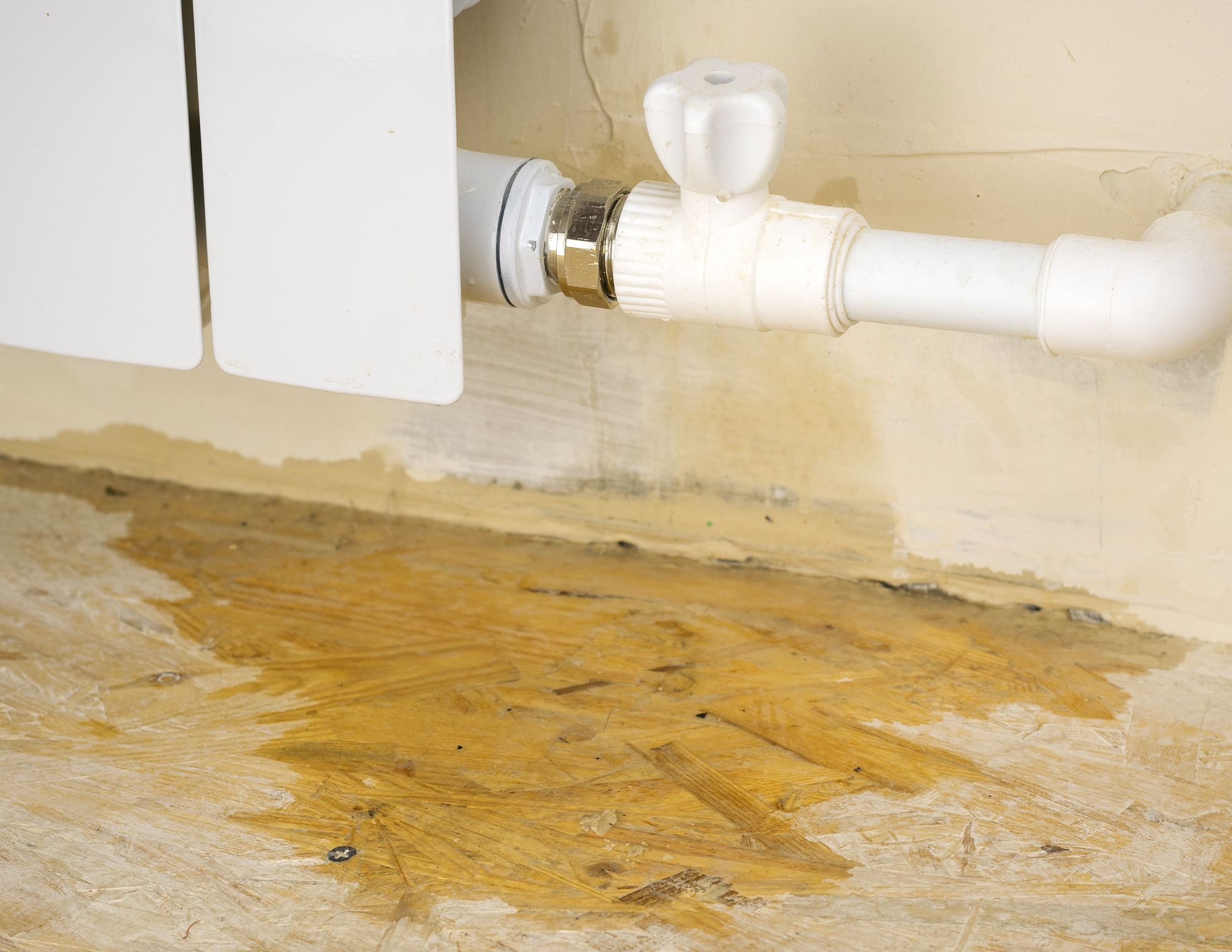Pinpoint Six of The Commonest Causes for Leakage Within Your Home
Pinpoint Six of The Commonest Causes for Leakage Within Your Home
Blog Article
What're your thoughts and feelings about Common Water Leaks In House?

Leakages not only trigger waste of water yet can also trigger unneeded damage to your residence and promote undesirable natural growth. By recognizing and looking for day-to-day situations that trigger leakages, you can protect your home from future leakages and also unneeded damages.
Trespassing roots
The majority of water leakages begin outside the home instead than inside it. You might notice damp spots or sinkholes in your yard, and that could imply that tree roots are attacking water lines causing water to permeate out.
Corroded water supply
This might be the reason of staining or bending on your water pipes. If our plumbing system is old, consider changing the pipelines given that they are at a greater danger of corrosion than the more recent versions.
Malfunctioning Pipeline Joints
The point at which your pipes attach is regularly the weakest web link in the waterline. Pipeline joints can weaken gradually, leading to water leakages. The majority of pipe joints are not conveniently noticeable. If you have loud pipes that make ticking or banging noises, particularly when the hot water is turned on, your pipeline joints are most likely under a lot of stress. It is a good idea to have your plumber check your system yearly.
Instant temperature modifications.
Extreme temperature level modifications in our pipes can cause them to expand and also acquire unexpectedly. This development as well as tightening may trigger splits in the pipes, particularly if the temperature are listed below freezing.
Poor Water Connectors
Sometimes, a leak can be caused by loose pipes and pipes that supply your appliances. Typically, moving is what causes the loose water Links. You may find in the case of a washing device, a tube may spring a leakage as a result of trembling during the spin cycle. In case of a water links leakage, you might observe water running directly from the supply line or puddles around your devices.
Blocked Drains
Blocked drains pipes could be bothersome and inconveniencing, yet they can in some cases end up creating an overflow bring about burst pipelines. Maintain removing any type of products that might go down your drains pipes that can obstruct them to avoid such hassles.
All the above are sources of leakages yet not all water leakages result from plumbing leaks; some leaks might come from roofing system leaks. All leaks ought to be repaired promptly to stay clear of water damages.
Leakages not just create waste of water however can likewise create unneeded damage to your house and advertise unwanted natural growth. By looking and also comprehending for day-to-day circumstances that cause leakages, you can safeguard your home from future leakages and also unnecessary damage. Today, we will look at six leakage causes that may be creating your pipelines to leak.
At times, a leak can be triggered by loosened hose pipes and also pipelines that provide your devices. In case of a water links leakage, you may see water running directly from the supply line or pools around your appliances.
How To Check For Water Leak In Your Home
How To Check for Leaks
The average household's leaks can account for nearly 10,000 gallons of water wasted every year and ten percent of homes have leaks that waste 90 gallons or more per day. Common types of leaks found in the home are worn toilet flappers, dripping faucets, and other leaking valves. These types of leaks are often easy to fix, requiring only a few tools and hardware that can pay for themselves in water savings. Fixing easily corrected household water leaks can save homeowners about 10 percent on their water bills.
To check for leaks in your home, you first need to determine whether you're wasting water and then identify the source of the leak. Here are some tips for finding leaks:
Take a look at your water usage during a colder month, such as January or February. If a family of four exceeds 12,000 gallons per month, there are serious leaks.
Check your water meter before and after a two-hour period when no water is being used. If the meter changes at all, you probably have a leak.
Identify toilet leaks by placing a drop of food coloring in the toilet tank. If any color shows up in the bowl after 10 minutes, you have a leak. (Be sure to flush immediately after the experiment to avoid staining the tank.)
Examine faucet gaskets and pipe fittings for any water on the outside of the pipe to check for surface leaks.
Undetected water leaks can happen without the home or business owner even realizing. If you suspect a water leak, but not able to find the source. It is time to contact a professional water leak detection service, The Leak Doctor.
How To Find a Water Leak In Your Home
https://www.leakdoctor.com/blog/How-To-Check-For-Water-Leak-In-Your-Home_AE197.html

As a serious person who reads about How to detect water leaks in your home, I figured sharing that piece of content was really helpful. Feel free to set aside a second to share this blog post if you enjoyed reading it. Thanks a bunch for your time. Kindly check our website back soon.
Your search ends; experts here. Report this page